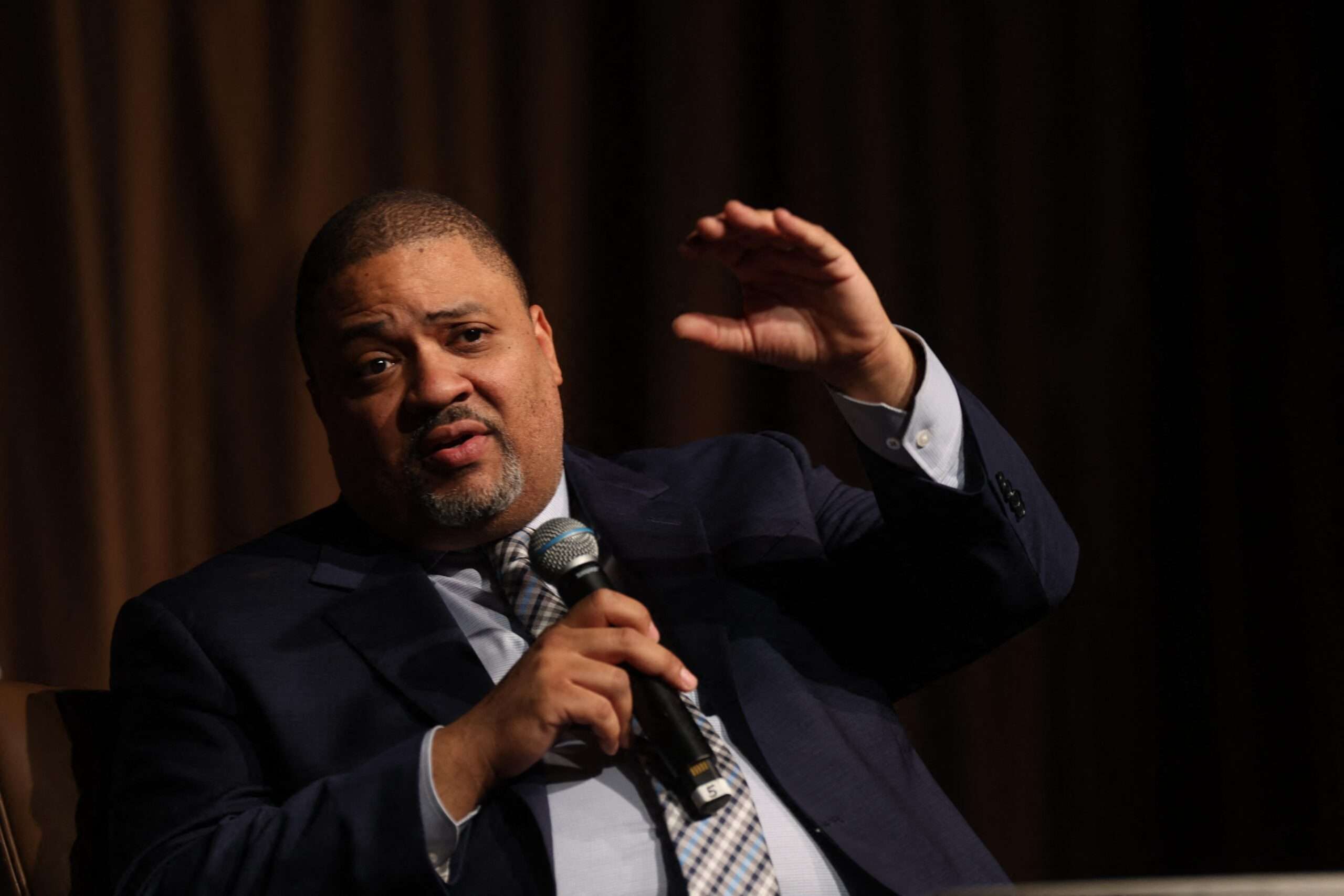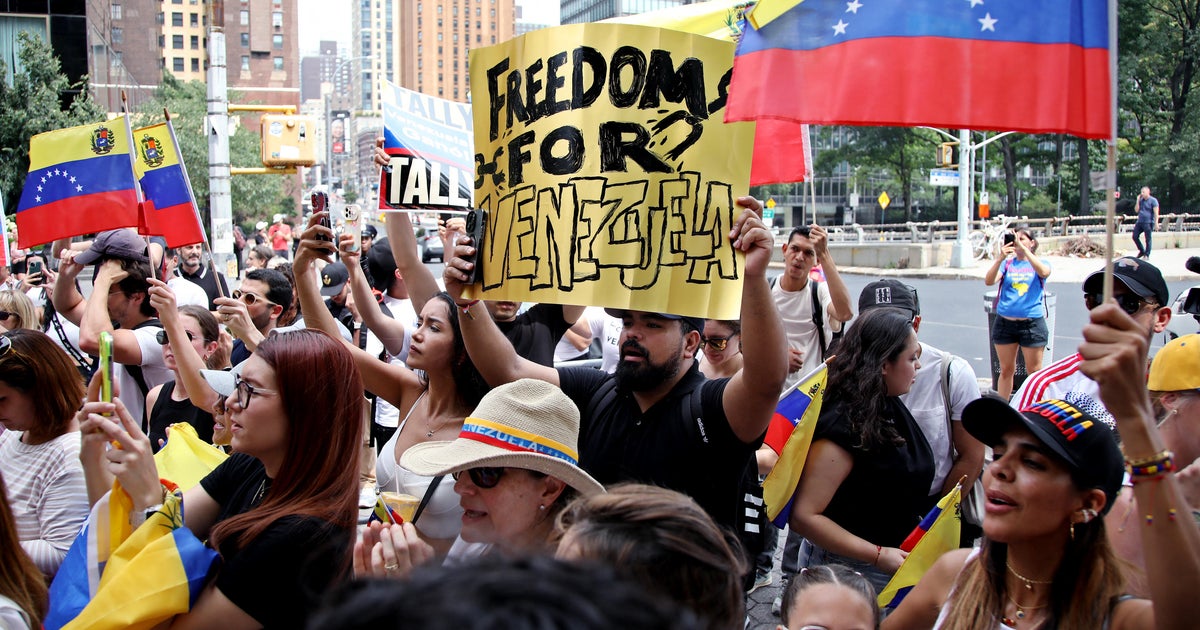On Monday, Congress certified the results of the 2024 presidential election in routine fashion. Some concluded that, due to Trump’s victory, there would be no attacks on the democratic process this year. But that is not the case. Efforts to undermine free and fair elections are now a standard component of the Republican playbook. And increasingly, right-wing judges are willing to entertain election challenges even when they lack legal justification.
On Tuesday, the North Carolina Supreme Court issued an order blocking state election officials from certifying the results of a state Supreme Court race. The order is the latest update in a months-long effort by Republican candidate Jefferson Griffin to overturn the results of November’s election.
The race between Allison Riggs (D) and Griffin was extremely close. Due to the small margin, Griffin requested a machine recount of all ballots, which showed Riggs with a lead of just 734 votes out of the 5.5 million votes cast. Griffin then requested a second recount, which involved a hand recount of 3% of all ballots cast. The recount maintained Riggs’ lead.
Griffin is now asking the North Carolina Supreme Court to throw out more than 60,000 ballots, falsely claiming that many of the ballots are invalid because the voter did not include a driver’s license number or Social Security number on their registration form.
Griffin originally filed legal challenges contesting the 60,000 ballots with the State Board of Elections, but the Board’s Democratic majority rejected Griffin’s claims. Griffin then skipped the usual appeals process and appealed the decision directly to the North Carolina Supreme Court, where Republicans have a majority. The State Board of Elections then attempted to remove the case to federal court, which rejected similar challenges from Republicans before the election.
On Monday, Richard Myers, a federal district court judge appointed by President-elect Donald Trump, sent the case back to the state level. The State Board of Elections appealed the ruling, but the U.S. Court of Appeals for the 4th Circuit is not scheduled to hear the case until mid-February.
Just a day after Myers’ ruling, the North Carolina Supreme Court blocked the certification of the race, which was scheduled for Friday, on a 4-2 vote. Riggs recused herself from the order. The state Supreme Court will now hear Griffin’s challenge to throw out the 60,000 votes, with a deadline for briefs to be filed by January 24.
The justices who granted the temporary stay on certification provided little explanation for their decision. The two dissenting justices, one Democrat and one Republican, had more to say.
Democratic Justice Anita Earls wrote, “For this Court to intervene in an unprecedented way to stop that process, where there is no underlying merit to the contention that some 60,000 citizens who registered to vote and voted should have their votes thrown out, there must be a strong showing of the likelihood of success on the merits. There is no such showing here.”
Earls also argued, “By waiting until after the votes were cast and the results tallied, Griffin seeks to retroactively rewrite the rules of the election to tilt the playing field in his favor,” calling Griffin’s argument “fact-free post-election gamesmanship.”
Justice Richard Dietz, the Republican dissenter, invoked a “federal election doctrine known as the ‘Purcell principle,’” stating that, “The Purcell principle recognizes that, as elections draw near, judicial intervention becomes inappropriate because it can damage the integrity of the election process.”
“Permitting post-election litigation that seeks to rewrite our state’s election rules—and, as a result, remove the right to vote in an election from people who already lawfully voted under the existing rules — invites incredible mischief,” Dietz concluded.
Griffin’s challenges claim that tens of thousands of votes were cast illegally. Most of these challenges are related to the claim that voter registrations are not valid because they do not include a driver’s license number or partial Social Security number.
A federal law requiring this information to be included on voter registration forms was enacted in 2002. But the same federal law specifically states that not having a social security number on a registration record does not invalidate a vote.
A brief filed by Riggs also argues that the remedy sought by Griffin violates the Civil Rights Act of 1964, which prohibits public officials from denying any individual the right to vote “because of an error or omission on any record or paper relating to any application, registration, or other act requisite to voting.”
Moreover, registered voters in North Carolina are required to provide identification before voting. Riggs’ brief explains that “any voter who did not provide a driver’s license number or the last four digits of a Social Security number would have had to provide additional documentation to prove their identity before being allowed to vote.”
There are multiple reasons why a voter’s registration record may not include a driver’s license or Social Security number. In some cases, the voter may have registered before the law requiring that information went into effect. Additionally, some North Carolina voters were given a voter registration form that did not make it clear that they were required to provide a driver’s license number or Social Security number when registering.
Before the election, Myers rejected a similar effort to remove voters from rolls for not providing a driver’s license number or partial Social Security number. Griffin is now reviving the same arguments months after the election. As a result, many eligible North Carolina voters have had their voter registration questioned, including Riggs’ own parents.












